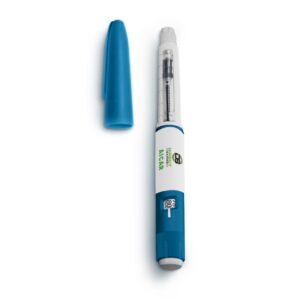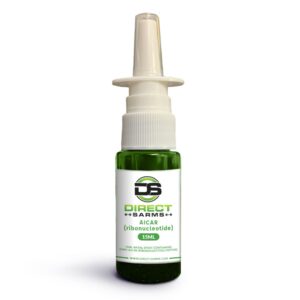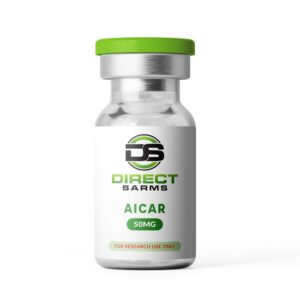AICAR
Buy AICAR Peptide Vials Online From Direct Sarms
In clinical trials, AICAR has been shown to help prevent cardiac ischemia after a heart attack. Because AICAR has anti-ageing properties, it may slow down the physiologic effects of ageing according to research. AICAR is being studied to treat auto-immune diseases, diabetes, and other inflammatory conditions.








